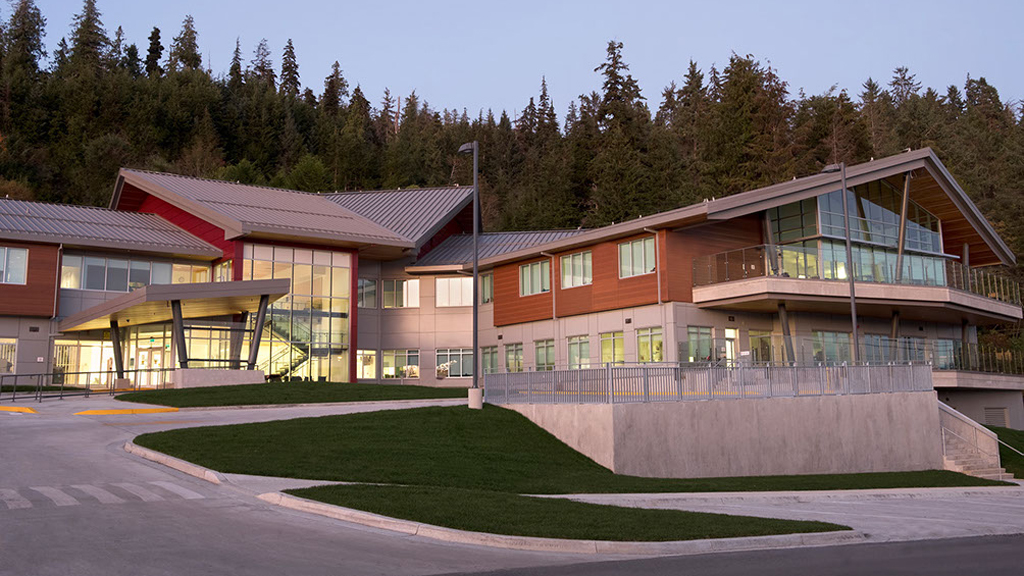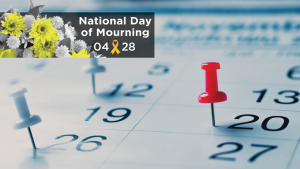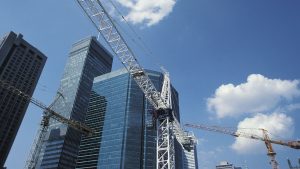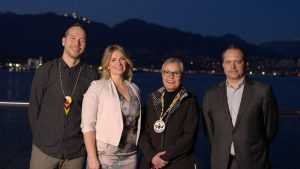VICTORIA, B.C. – Ten First Nations in B.C. are getting a financial boost to help them develop alternative energy projects and advance energy efficiency in their communities.
The funds are being awarded through the British Columbia Indigenous Clean Energy Initiative (BCICEI), with provincial support through CleanBC.
“Together with New Relationship Trust and Pacific Economic Development Canada, we are providing critical funding to 10 Indigenous communities across B.C. to develop projects that will help them achieve energy independence, support economic development and reduce reliance on diesel,” said Bruce Ralston, minister of energy, mines and low carbon innovation, in a press release. “We know the importance of building partnerships and creating opportunities with Indigenous communities and businesses in our efforts to decarbonize community energy systems.”
The various projects have a wide range in size and scope, from the Penelakut Tribe installation of a solar photovoltaic system at the community school to equipping the Northern Haida Gwaii Hospital and Health Centre with a biomass system for hot water heating.
“Through the CleanBC Roadmap to 2030, our government is working to build a cleaner, better future together with Indigenous peoples,” said George Heyman, minister of environment and climate change strategy. “By investing in clean energy in remote Indigenous communities, we’re helping replace diesel power, reduce greenhouse gas emissions and increase energy independence for First Nations.”
The communities are receiving a total of nearly $3 million from the BCICEI, which is funded through a clean-energy funding partnership between the Province of British Columbia, Government of Canada and New Relationship Trust.
Funding from the BCICEI supports the planning and development of clean-energy generation projects, such as run of river, wind, biomass, solar, marine and geothermal. The BCICEI also targets energy-efficiency projects and energy storage and seeks to assist remote communities wherever possible in reducing dependency on fossil fuels, including diesel generators.
Murray Rankin, B.C.’s minister of Indigenous relations and reconciliation, explained that developing clean-energy sources tailored to individual communities is a fundamental part of First Nations’ ability to take control of their own community infrastructure, contribute to a greener economy and create employment opportunities for their members.
“A sustainable energy future is a goal we share with First Nations and everyone in B.C., and projects like BCICEI play a valuable role in bringing that future into the present,” said Rankin.











Recent Comments
comments for this post are closed